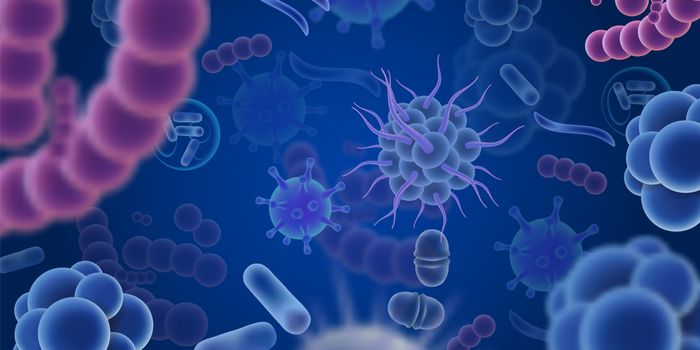Novel Finding Identifies Strategies to Prevent Anaphylactic Shock
Millions of people worldwide are affected by allergies. Interestingly, about 1 in 3 adults in America have seasonal or food allergies. Allergic reactions occur when our immune system acts abnormally to a foreign substance. In response to allergens, immune cells will produce antibodies that attack the foreign invader or release chemicals that result in allergic symptoms. In many cases inhalants, such as pollen, and specific foods can cause this abnormal reaction. Common allergic symptoms include stuffy or runny nose, watery eyes, skin rash, heavy breathing, tight chest, and swollen tissue, among others. In severe cases allergic reactions can lead to anaphylactic shock and be fatal. Allergy treatments include steroids and antihistamines to reduce swelling and well as other medications to moderate the symptoms. As more and more individuals develop allergies, scientists are working to understand the mechanism that drives these abnormal immune reactions and better treat patients.
A recent article in Nature Immunology, by Dr. Soman Abraham and his team, found the first step that occurs when an individual encounters an allergen. This new discovery could directly lead to the development of preventative allergic medications. Soman Abraham is Professor and Grace Kerby Distinguished Professor of Pathology at Duke University School of Medicine. His work focuses on innovative approaches to treat infections and studies the molecular interactions between bacteria and immune cells. More importantly, he studies mast cells, which are critical in the immune response to allergens. Many of Abaham’s published work center around the innate and adaptive immune systems and how cells in these systems react to infection.
In an allergic reaction mast cells mistake harmless foreign invaders, such as dust or pollen, and release chemicals to get rid of it. Mast cells are located in many tissues including under the skin, around blood vessels, and in the linings of airways and gastrointestinal tract. Once they release these chemicals in the tissues and blood vessels, the body instantly becomes irritated and overwhelmed with immune response signaling. Immediate intervention is necessary in severe cases to avoid permanent damage or fatality.
Abraham and his team discovered the release of specific granules from mast cells that are controlled by proteins called inflammasomes. Previously, these proteins were only thought to spontaneously accumulate and alert other immune cells of an infection. Now researchers believe these inflammasomes transport mast cell granules to initiate an allergic reaction. This is a paradigm-shifting discovery because now scientists know where to target mast cells to prevent allergic reactions and/or anaphylactic shock from occurring. Scientists hope to intervene and target the inflammasomes to prevent the cascade of allergy signals caused by the release of mast cell granules.
Researchers used mice that lacked inflammasome proteins and found that these mice did not experience anaphylactic shock when exposed to allergens. Alternatively, when the mice did express inflammasome proteins, mast cell granules were released causing an allergic reaction. Specifically, the inflammasome proteins form a complex that facilitated the movement of granules out of the cell through the cytoskeleton. Mice were also treated with a drug that blocks inflammasomes prior to exposing them to an allergen. The treated mice after allergen exposure were found to effectively prevent anaphylactic shock. This specific drug, known as CY-09, is undergoing clinical trials for chronic inflammatory disease, but can easily be applied as a preventative medication for those with severe allergies.
Abraham and his team are the first to uncover the initial step to an allergic reaction. As a result, scientists can now develop medications for those with severe allergic reactions and prevent anaphylactic shock from occurring. Not only does this reduce the risk and fatality of anaphylactic shock, but it also provides peace of mind and better quality of life to patients.
Article, Nature Immunology, Soman Abraham, Duke University School of Medicine








